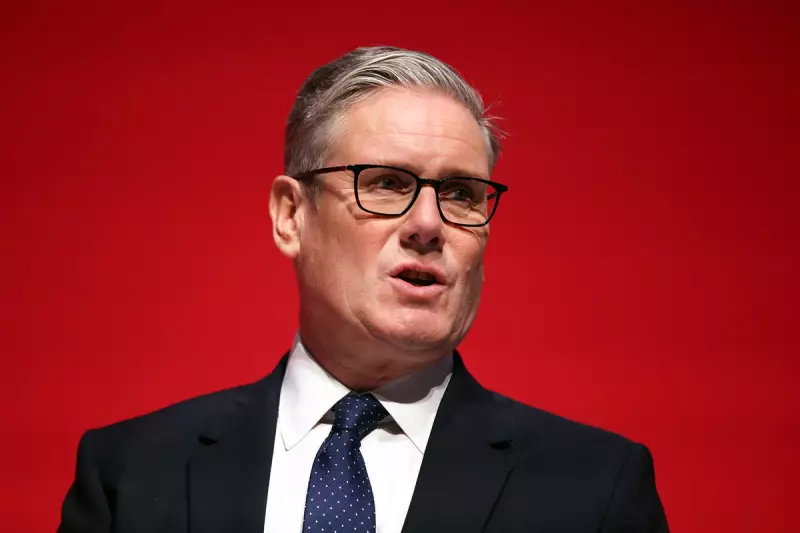
In a defining moment for his leadership, Sir Keir Starmer took to the stage at Labour's annual conference in Liverpool, delivering what many are calling the most significant speech of his political career. The Labour leader unveiled a comprehensive blueprint for transforming Britain, combining radical economic reform with constitutional modernisation.
A New Economic Settlement
Starmer declared that Britain stands at a "crossroads," requiring fundamental change rather than incremental adjustments. His economic vision centres on creating what he termed "the most competitive, productive, and innovative economy in the G7."
Key economic pledges include:
- A new industrial strategy focused on green energy and digital innovation
- Radical reforms to boost small and medium-sized enterprises
- Investment in vocational training and apprenticeships
- A comprehensive review of business taxation to support growth
Constitutional Revolution
Perhaps the most surprising element of Starmer's address was his commitment to sweeping constitutional changes. He announced plans to "redraw the political map of Britain" through:
- Further devolution of powers to regional mayors and local authorities
- Reform of the House of Lords to make it more representative
- Strengthening of the Union through new cooperative mechanisms
"The old centralised state has failed too many communities for too long," Starmer told the enthusiastic crowd. "We need power closer to the people."
Mission-Driven Government
The Labour leader outlined five core missions that would define his government's approach, focusing on:
- Creating the highest sustained growth in the G7
- Building a National Health Service fit for the future
- Making Britain's streets safe
- Breaking down barriers to opportunity
- Making Britain a clean energy superpower
Starmer emphasised that these missions would provide the "golden thread" running through all government decision-making, ensuring coherence and long-term thinking.
Contrast with Conservative Approach
Throughout his address, Starmer drew clear distinctions with the current government, accusing them of "sticking plaster politics" and short-term thinking. He positioned Labour as the party of stability and strategic planning, contrasting with what he described as Conservative chaos.
"While they offer quick fixes, we offer real change," he declared to thunderous applause. "While they manage decline, we will build prosperity."
The speech represents Starmer's most detailed vision for Britain to date, setting the stage for what promises to be a fiercely contested general election campaign. With concrete policies and an ambitious reform agenda, the Labour leader has clearly marked his territory in the political landscape.





